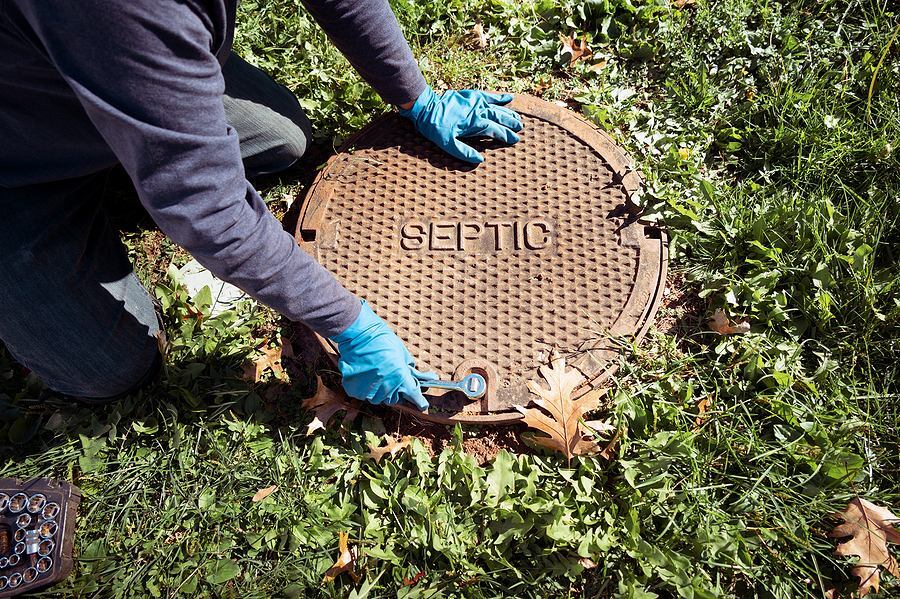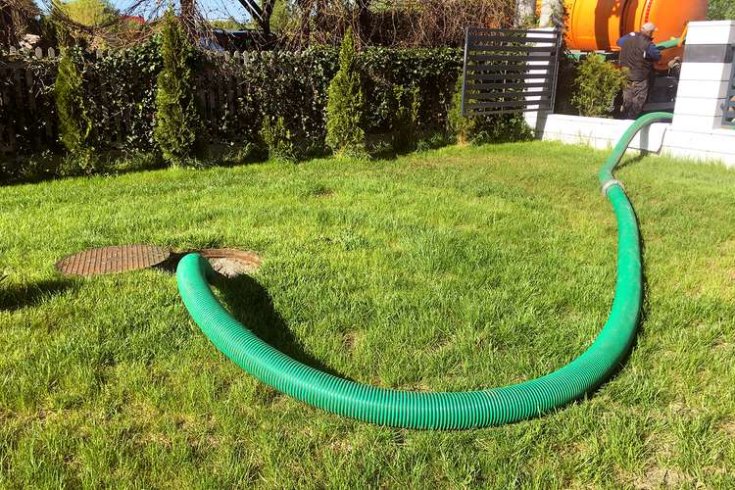
26
A well-maintained septic system is crucial for the proper functioning of a household, ensuring the safe disposal of wastewater. Unfortunately, many homeowners unknowingly contribute to the deterioration of their septic systems through common practices. Here are some of the ways you might be damaging your septic system and the importance of preventative measures, including septic tank pumping, septic tank installation, and professional septic company assistance.
One of the most common ways homeowners damage their septic systems is by flushing items that should never enter the system. From sanitary napkins and wipes to grease and coffee grounds, these items can clog pipes and overwhelm the septic tank, leading to blockages and system failure. To avoid this, educate your household about what can and cannot be flushed, and provide proper disposal alternatives.
The frequency of water usage in a household can significantly impact the health of a septic system. Constantly overloading the system by doing multiple loads of laundry in a short time, running the dishwasher frequently, or allowing long showers can strain the septic tank's capacity. This strain impedes the natural breakdown of waste, leading to the accumulation of solids and potential septic tank failure. Practice water conservation and spread out water usage to alleviate the burden on your septic system.
Regular septic tank pumping is essential for maintaining a healthy septic system. Over time, solid waste accumulates in the tank, reducing its efficiency and increasing the risk of clogs and backups. Homeowners often neglect this crucial aspect of septic system maintenance, leading to preventable issues. Schedule routine septic tank pumping with a reputable septic company to ensure the timely removal of solids and prevent costly repairs down the line.
Ignoring warning signs of septic system issues can exacerbate problems. Slow drains, unpleasant odors, and gurgling sounds are indicators that something might be wrong. Rather than waiting for a complete system failure, address these signs promptly. Consult a professional septic company for a thorough inspection and, if necessary, septic tank repair. Timely intervention can save you from major headaches and expenses.
The location of your septic system and its drainage field matters. Planting trees and shrubs too close to these areas can lead to root infiltration, causing damage to pipes and the tank. Roots seeking moisture and nutrients can penetrate the system, resulting in clogs and leaks. Plan landscaping wisely, keeping in mind the location of your septic system components to prevent root-related damage.
Excessive use of household chemicals, such as bleach and antibacterial cleaners, can disrupt the natural balance of bacteria in the septic tank. These chemicals can kill the beneficial bacteria responsible for breaking down waste, leading to a less effective septic system. Choose septic-safe cleaning products and use them in moderation to maintain a healthy bacterial environment in your septic tank.
Preserving the longevity and efficiency of your septic system requires diligence and responsible practices. From regular septic tank pumping to septic tank installation, professionals play a crucial role in maintaining a healthy septic system. By avoiding common pitfalls and seeking professional assistance from Charlotte Septic Pros when needed, you can ensure that your septic system operates smoothly, providing a reliable and environmentally friendly waste disposal solution for your household.

28
Why Is Sewage Backing Up into My Tub? When wastewater starts rising into your bathtub, it’s more than just unpleasant—it’s…
Read more
22
Can Bacteria Additives Eliminate the Need for Pumping? If you own a home with a septic system, you’ve probably seen…
Read more
12
A single slow drain in your home can feel like a minor inconvenience. Maybe the sink takes a little longer…
Read more
05
Are Slow Drains a Septic Issue or Just a Clog? Slow drains are one of those household problems that start…
Read more
02
What Septic Service Techs See That Homeowners Miss Most homeowners only think about their septic system when something goes wrong.…
Read more
21
Simple Habits That Protect Your Septic System A well-functioning septic system does its job quietly, but the moment something goes…
Read more
14
Pump Now or Pay Later: The Real Cost of Skipping Maintenance A properly functioning septic system is easy to forget…
Read more
11
Why Your Septic System Always Acts Up at the Worst Time Homeowners often feel that septic problems strike at the…
Read more
04
Early Warning Signs Your Septic Tank Needs Pumping For homeowners who rely on a septic system, routine maintenance is not…
Read more
29
Why Does My Septic System Smell Fine One Day and Terrible the Next? If you own a home with a…
Read more